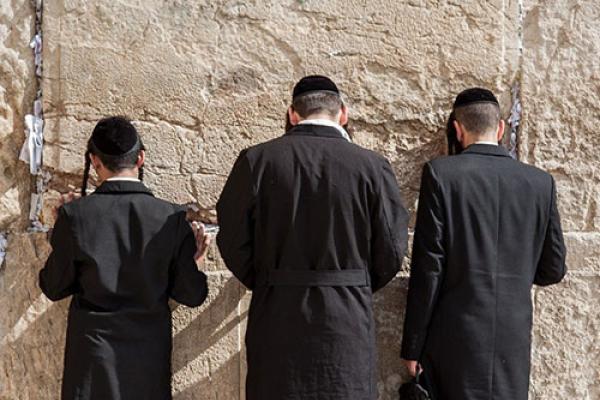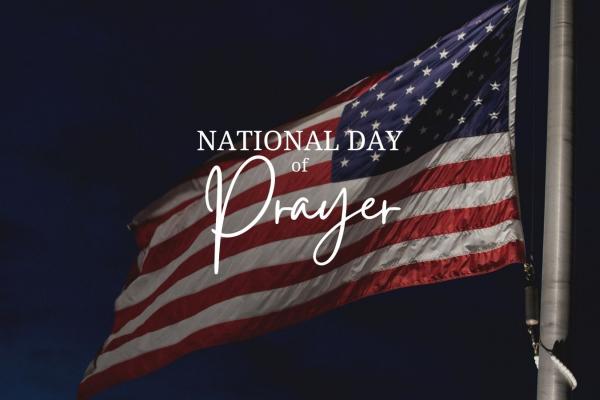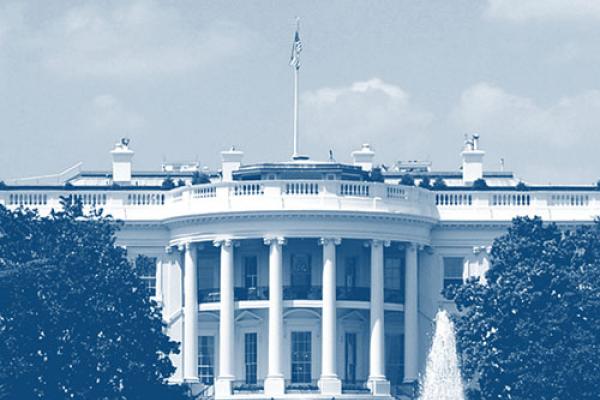By Dr. Raymond L. GannonFirst century Messianic Jewish relations with both the Jewish and new Gentile Christian communities were soundly established upon the obvious realization that New Covenant Messianic faith was divinely poured forth through a Jewish vessel. The Messianic/Christian debt to Hebrew Scripture, Jewish exegesis, and divine revelation were evident to all Believers. In fact, Jewish-Christian relations, in spite of second and third century Christian elitist assaults upon all things Jewish, continued with good rhythm and solid relationship till late in the fourth century. But the “beginning of the end” of the conviction that Jewish and Christian camps had been birthed from a common spiritual fount took on catastrophic setback from the second century.Students of the history of interfaith relations between Jews and Christians will recall that Justin Martyr crafted his “Dialogue with Trypho the Jew” on the heels of the Bar Kochba uprising in Roman Palestine in 135 C.E. The “Dialogue” was finally published in 150 C.E. some 15 years before Justin’s martyrdom. Here Justin made his strong case for a “New Israel,” a “True Israel,” in replacement of biblical Israel.Although we find traces of potential insipient warnings against “replacement theology” (Supersessionism) in the Book of Romans, it seems Paul attacks it at its roots and eradicates the problem at least in Rome until well into the second century. But from Justin’s time and forward, an increasingly hostile Christian disposition developed toward not only the Jewish People, the God of the Hebrew Bible (the demiurge), and Jewish cultural expression of any variety, but even Christian antagonism toward the Torah itself.The Hebrew Bible was the only sound historical and theological foundation for Christianity as Paul makes plain. Yet an anti-Hebrew Bible sentiment was deliberately fostered by Marcion, a brilliant businessman and the son of a Christian bishop who chose to castigate all things Jewish on principle. He contended that the New Testament was a revelation of the real God and Father of Yeshua, the loving God of spirit and grace, as opposed to the Jewish God of the Hebrew Bible, a lesser and hateful deity who was quite willing to preoccupy Himself with material creation. Anything associated with Jewish earthly concerns and life on the planet was considered vastly inferior to all things spiritual and heavenly. Jews, Jewish religion and culture, even Jewish natural affinity with the Promised Land and patriotism were regarded as carnal, this worldly, inferior, and “Jewish.”Unfortunately, while Marcion and his Gnostic-informed condemnation of the Hebrew Bible was considered heretical and he himself and his doctrines were condemned by church authorities, many Christians and Christian leaders have been seriously impacted by this anti-Hebrew Bible, anti-Jewish practice, and anti-Torah sentiment. Scholars and preachers guilty of iso-gesis (reading things INTO the Scripture that are not there) over the centuries have attempted to make the New Testament party to that same anti-Hebrew Bible mentality.For historical reasons too complex to explain here, the Church fathers sought to create a new “wall of partition” between Jewish and Christian people. The natural affinity Jews and Christians enjoyed in the second and third centuries alarmed the Church fathers who borrowed from both Justin and Marcion to support an anti-Judaic Christian theology of Israel. This would not only result in thousands of assaults upon Jewish People over the next 1,500 years or so, but it also crippled Christian self-understanding. This result can be portrayed as a one-legged runner attempting to run a marathon. He will not only make bad time, he will never make it at all. God intended for Israel and the apostolic fruit of Jewish efforts at winning non-Jews to Yeshua to labor for the Kingdom in total partnership under Yeshua. The Christian negation of all things Jewish assured Jewish resistance to the Gospel message.This Christian elitist antipathy toward Jews and Judaism became woven into the fabric of Christian theology and thereby into Western civilization. Martin Luther and the other reformers inherited this anti-Jewish theological posture and cultural prejudice. Luther, heralded as the Father of the Reformation and an avid student of Paul, is credited for his justification by faith emphasis as newly discovered in Romans. But in the processing of his new insights, he took severe liberties to castigate the Jewish People, even Jewish Believers in Yeshua. His instilled cultural dread of Jews and all things Jewish, as fostered both by his Augustinian theological training and blatant 16th century cultural prejudices, pushed him into the entirely unrealistic perspective of presuming that newly established European Protestantism was at risk of being fully swallowed up by massive Christian conversion to Judaism.This bizarre perspective led Luther to craft during the final decade of his life a horrific written sermonic siege upon the Jewish world. That collection informed much of the Western expressions of anti-Semitism over the centuries that followed and has contributed to Islamic attacks upon “All Israel” today.
Modern Christians need to repent of ingesting without the constraint of proper investigation all the anti-Semitic heritage that has been passed along as “sound” Christian theological conviction over the last 1,800 years. It is time for the Church to fairly treat the New Testament so as to come to the proper realization it is a Jewish-friendly book that can, as God intended, be utilized to bring “All Israel” to faith in our generation
Raymond L. Gannon (Ph.D., Hebrew University, Jerusalem) has been on the forefront of Jewish evangelism, Messianic congregational planting, and Bible College and Seminary teaching for more than four decades. He is the Chief Academic Officer of the Jewish Voice Messianic Studies Department, directing the Messianic Jewish Studies Program at The King's University as well as the Jewish Voice Institute of Messianic Studies (JVIMS), while also serving as the Vice President of Academic Affairs for the Jewish Voice Messianic Career Institute (JVMCI).











